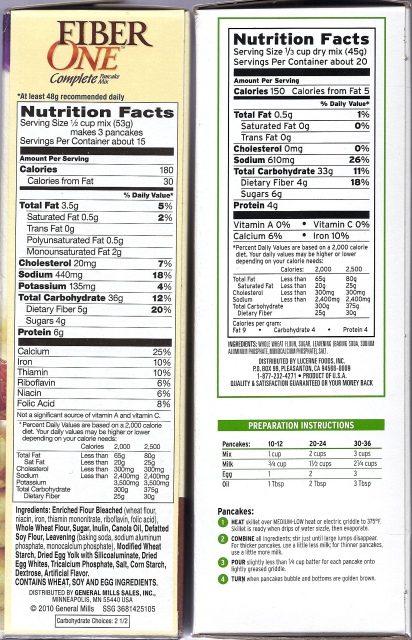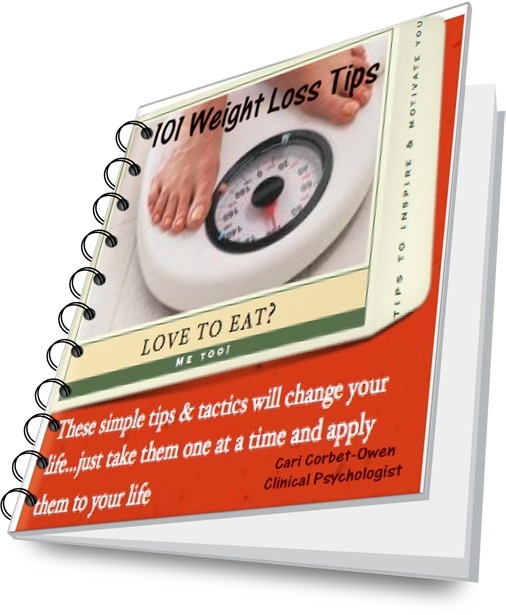Healthy Food & What to
1. Nutrients: Healthy foods are rich in essential nutrients such as vitamins, minerals, fiber, and antioxidants. These nutrients are necessary for proper body functioning and maintaining good health.
2. Minimal Processing: Ideally, healthy foods should be minimally processed or unprocessed. Processed foods often contain added sugar, salt, unhealthy fats, and artificial ingredients, which can negatively impact health when consumed excessively.
3. Whole Grains: Healthy diets include whole grains like brown rice, quinoa, oats, and whole wheat, which are rich in fiber and provide complex carbohydrates for energy.
4. Fruits and Vegetables: Fruits and vegetables are essential components of a healthy diet. They are low in calories and packed with vitamins, minerals, antioxidants, and fiber.
5. Lean Proteins: Healthy protein sources include lean meats, poultry, fish, eggs, legumes, nuts, and seeds. These provide amino acids necessary for building and repairing tissues.
6. Healthy Fats: Foods rich in unsaturated fats, such as olive oil, avocado, nuts, and fatty fish, are beneficial for heart health.
7. Limited Added Sugars: Foods with high added sugar content, such as sugary drinks, candy, desserts, and sweetened cereals, should be consumed in moderation.
8. Reduced Sodium: Excessive salt (sodium) intake can raise blood pressure and increase the risk of cardiovascular disease. Healthy foods have limited salt content.
9. Fiber-Rich: Fiber-rich foods, including fruits, vegetables, whole grains, and legumes, aid in digestive health, manage blood sugar levels, and promote satiety.
10. Natural and Plant-Based: Healthy diets prioritize natural foods and plant-based sources of nutrients, reducing the intake of processed meats, sugary drinks, and refined carbohydrates.
11. Portion Control: Even healthy foods should be consumed in moderation. Overeating can lead to weight gain and other health problems.
12. Hydration: Drinking plenty of water is crucial for overall health, aiding in nutrient absorption, digestion, and temperature regulation.
By incorporating a variety of healthy foods into your daily meals and snacks, you can nourish your body, support your immune system, and reduce the risk of developing chronic diseases. Always remember to consult with a healthcare professional or a registered dietitian for personalized dietary advice tailored to your individual needs and health goals.
-
dairy products nutrients
QuestionHi I am trying to lose weight. I do excercise and i
-
Desserts, willpower, and macronutrient ratios
QuestionI am a 46 years old man living in Venezuela. 1.93 tall an
-
want to Gain Weight
QuestionHi, I am Rich and I want to put on some weight in a healt
-
Eating fruits before meal can be good or bad
QuestionHello I hope I am in the right category. Hope you can he
-
What diet?
QuestionDear Kimberly, I am a 27 year old emotional eater.
-
Recovering...
QuestionHello! I



